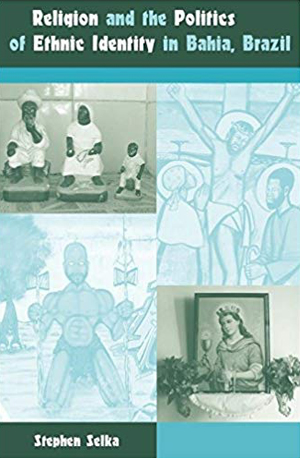Brazilians of African descent draw upon both Christian and African diasporic religions to construct their racial identities in a variety of intriguing ways. Focusing on the Reconcavo region of northeastern Brazil--known for its rich Afro-Brazilian traditions and as a center of racial consciousness in the country--Stephen Selka provides a nuanced and sophisticated ethnography that examines what it means to be black in Brazil.
Selka examines how Evangelical Protestantism, Candomble (traditional Afro-Brazilian religion), and Catholicism--especially progressive Catholicism--are deployed in discursive struggles concerning racism and identity. In the process, he provides a model of wedding abstract theory with concrete details of everyday life.
Revealing the complexity and sometimes contradictory aspects of Afro-Brazilian religious practices and racial identity, Selka brings a balanced perspective to polarized discussions of Brazilian racial politics.

 The College of Arts
The College of Arts